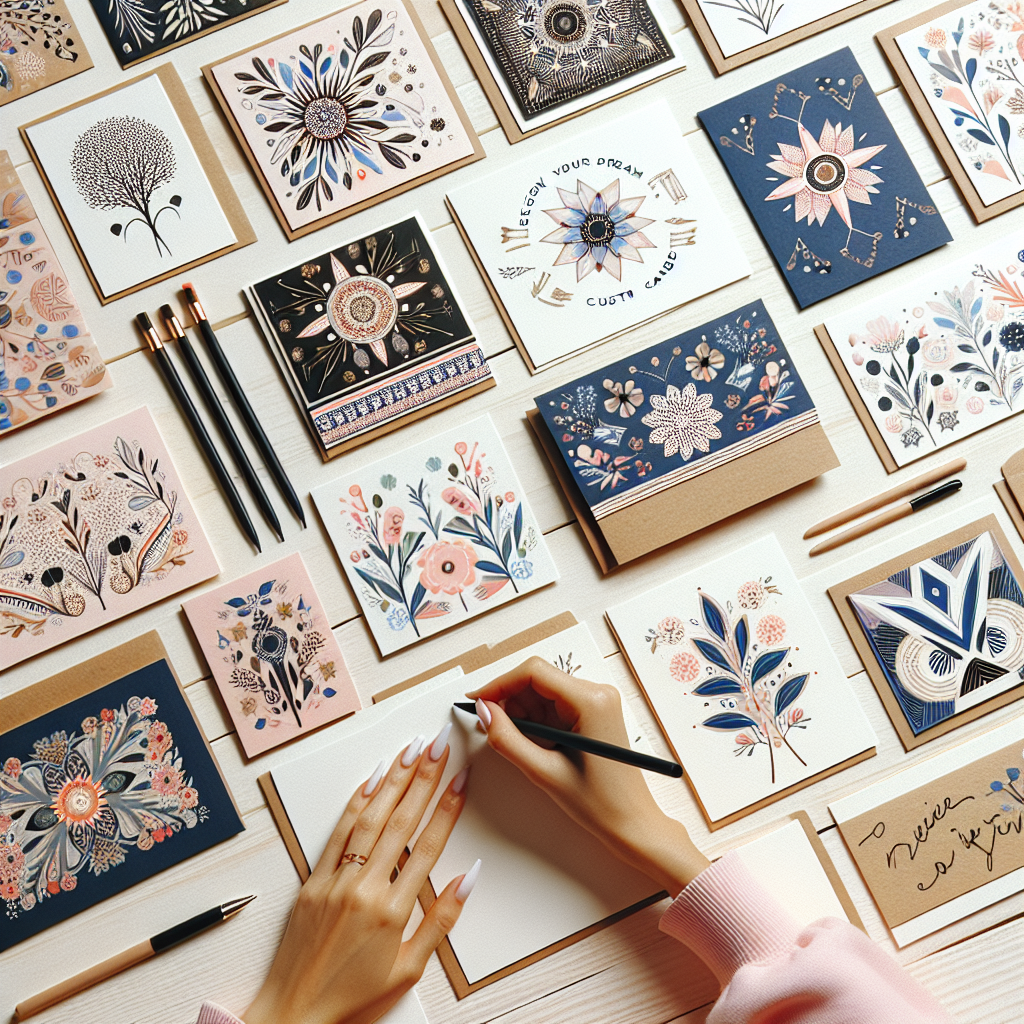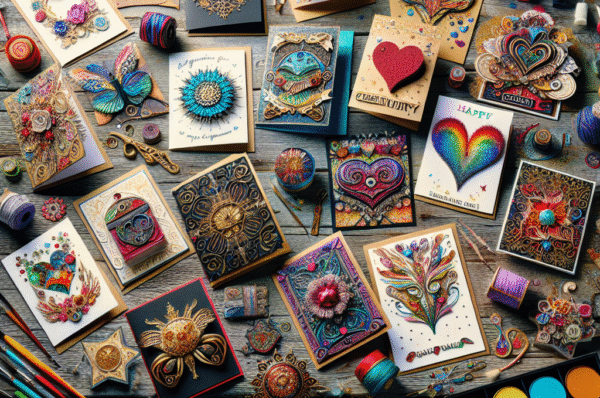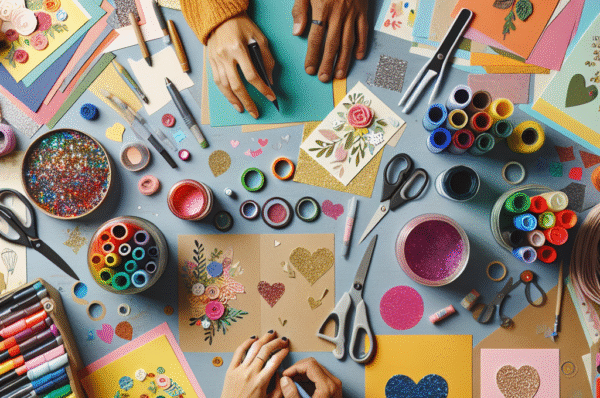In a fast-paced digital world saturated with instant messaging and social media, the value of personal touch has only grown. Amidst emojis, GIFs, and quick texts, a highly personalized form of communication is making a powerful comeback: custom cards. From birthdays to thank-yous, custom cards offer a unique way to convey thoughts, feelings, and creativity that mass-produced cards simply cannot match.
The Evolving Landscape of Greeting Cards
Historically, greeting cards have functioned as vessels for communication. While traditional card companies have long dominated the sector, the emergence of technology and social media has transformed the landscape. With the advent of online platforms and design tools, individuals can now create custom cards tailored to their exact preferences—hence the rise of personalized expression through card design.
Custom cards emerged as an antidote to the uniformity of general merchandise, allowing individuals to infuse personal stories, artistic styles, and heartfelt messages into their celebratory notes. From unique artwork to thoughtful quotations, the customization possibilities are practically limitless, enabling recipients to perceive the sender’s emotions in a more profound way.
The Personal Touch
One of the primary draws of custom cards is the personal touch they offer. They go beyond the pre-written sentiments found in mass-produced cards and allow people to articulate their feelings authentically. For instance, a birthday card featuring hand-drawn illustrations, a favorite family photo, or a personalized poem conveys a level of care and thoughtfulness that a generic card cannot match.
Moreover, custom cards have made their mark in significant moments—graduations, weddings, and anniversaries—where individuals often seek to encapsulate the uniqueness of the occasion. By adding personalized elements, such as specific dates or shared jokes, custom cards tell a story that resonates deeply with the recipient, cementing the memory in a more meaningful way.
The Role of Technology in Customization
Advancements in technology have made the process of creating custom cards more accessible than ever. Online platforms enable users to craft their designs with ease, providing templates, graphics, fonts, and colors at their fingertips. Websites like Canva, Zazzle, and Etsy have fostered a vibrant ecosystem where artists, crafters, and everyday individuals come together to create stunning cards that reflect personal aesthetics and interests.
In addition, advancements in print technology ensure that these creations can be transformed into tangible cards that rival their commercially produced counterparts. High-quality printing options and premium materials have further elevated the custom card experience, allowing the final product to reflect the sender’s unique style.
Community and Collaboration
The rise of custom cards has also birthed a thriving community of designers and enthusiasts. Social media platforms like Instagram and Pinterest serve as inspiration hubs, where creators share their work and receive feedback from their peers. This collaborative environment fosters creativity, motivating individuals to create more distinct and imaginative card designs.
Furthermore, marketplaces for custom cards have encouraged the proliferation of small businesses and independent artists. By showcasing their work, designers can reach a broader audience, often resulting in bespoke card options that cater to niche interests and celebrations. This growth has paved the way for innovative, diverse designs, promoting both personal and collective expression.
Sustainability and Ethical Considerations
As consumers become more conscious of their choices, the demand for sustainable and ethically produced products has risen. Many creators in the custom card industry prioritize eco-friendly materials, such as recycled paper and non-toxic inks. This shift reflects a broader trend within personal expression—individuals are increasingly seeking to make mindful choices that align with their values.
By opting for custom cards, individuals can support small businesses and artists, contributing to local economies while reducing the environmental impact associated with mass production. The emotional connection formed through the act of sharing a custom card extends to the care and thought put into its creation, further enriching the experience for both sender and receiver.
Conclusion
The resurgence of custom cards signifies more than just a trend; it embodies a cultural shift towards deeper, more nuanced personal expression. As we navigate a world awash in digital communication, the tangible, thoughtful sentiment housed within a custom card stands as a testament to individuality and connection. Whether for a friend, family member, or loved one, custom cards serve as a beautiful reminder that personal expression is not only about the message but also the story behind it. As more people embrace the art of design and creativity, the possibilities for expression through custom cards are boundless, transforming simple greetings into heartfelt keepsakes that last a lifetime.




